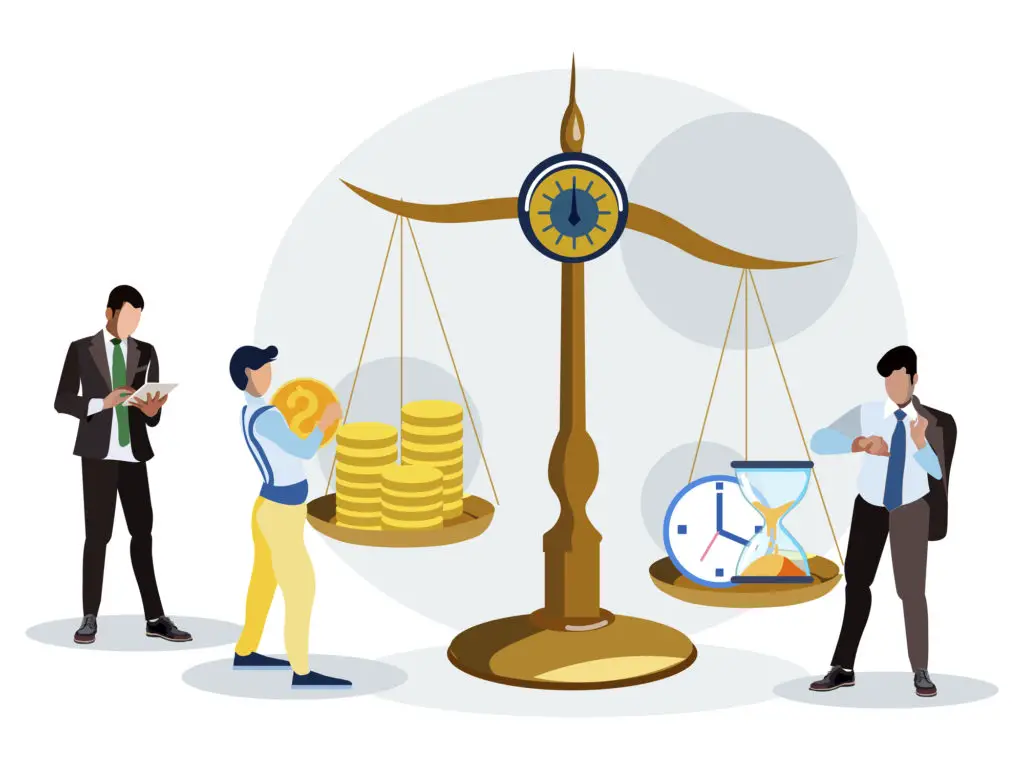 Under the federal Fair Labor Standards Act (FLSA), you must pay workers subject to minimum wage rules for the time that work is performed. This rule applies whether they’re working at your company site, in their homes, or on location. This simple statement is more complex when you try to define whether the time spent on certain activities falls within FLSA requirements. Look at various scenarios:
Under the federal Fair Labor Standards Act (FLSA), you must pay workers subject to minimum wage rules for the time that work is performed. This rule applies whether they’re working at your company site, in their homes, or on location. This simple statement is more complex when you try to define whether the time spent on certain activities falls within FLSA requirements. Look at various scenarios:
Commuting
Employers don’t have to compensate employees for the time they take to get to and from work each day; commuting isn’t treated as work. This is so regardless of the length of their commute or their mode of transportation. Even if employees commute to different job locations each day, the same rule applies.
Checking in and out
During COVID-19, employers may have required employees to have temperature checks before work each day. The DOL says the time for undergoing a temperature check before they begin work must be paid because it is necessary for their jobs.
Some locations require employees to pass through security screening when they leave to ensure they aren’t taking company property with them. For example, Amazon requires this of all warehouse employees. The U.S. Supreme Court said Amazon associates do not have to be paid for the time they are in security screening lines; this isn’t part of “hours worked.” The federal Portal-to-Portal Act exempts employers from FLSA liability for claims based on “activities which are preliminary to or postliminary to” the performance of the principal activities that an employee is employed to perform. But last year, a Pennsylvania court said it didn’t have to follow the Supreme Court’s decision and decided that this checkout time was compensable.
Meals and breaks
You aren’t required by federal law to offer lunch or coffee breaks.
- If you do offer short breaks (usually lasting about 5 to 20 minutes), federal law considers the breaks as compensable work hours that would be included in the sum of hours worked during the workweek and considered in determining if overtime was worked.
- If you offer meal periods (typically 30 minutes to an hour), this is not viewed as work time and is not compensable.
Note that state and local law rules may differ. For example, Florida law requires employees under age 18 to be given at least 30-minutes uninterrupted meal breaks every 4 hours of continuous work.
Travel
The time an employee travels on company business is compensable. Examples:
- Travel from job site to job site throughout the workday.
- Travel from a job site back to the employer at the end of the day.
- Travel away from home (e.g., business trip) is compensable for the normal hours of business (not each 24-hour period away from home).
Training and meetings
Employers may require employees to take certain training or courses or attend meetings and lectures. In general, the time spent in attending lectures, meetings, training programs, and similar activities required by an employer is normally considered compensable hours of work. So, an anti-sexual harassment training session held during lunch hour with attendance mandatory likely is compensable.
But the time isn’t compensable if all of the following conditions are met:
- Attendance is outside the employee’s regular working hours;
- Attendance is voluntary;
- The training, education, etc. is not related to the employee’s job; and
- The employee does not perform any productive work during such attendance.
Even though training may be related to the employee’s job, there are 2 exceptions:
- “Special situations” if the employer can show it’s for the benefit of employees and is offered by an independent institution of learning, attendance is voluntary and outside of business hours.
- Attendance at an independent school, college, or trade school at the employee’s initiative and after business hours.
For example, a hospice worker who had funds available for continuing education classes but wasn’t required to use them and did not gain any work benefit for doing so did not have to be compensated for time.
Final thought
Be sure to understand the nuances of the FSLA. Also check your state and local law for any other rules related to paying non-exempt employees for their time. (Rules for determining whether workers are exempt from minimum wage or overtime rules may be found at the DOL.) The failure to comply with the law may result in penalties you want to avoid.


